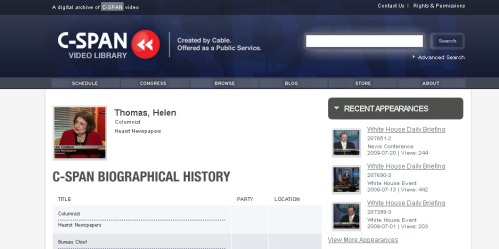Amy Moritz, sports reporter and blogger for the Buffalo News, was voted president-elect of the Association of Women in Sports Media recently. The  Association works to promote diversity in sports media, including offering scholarship and internship opportunities. (FYI: This year’s scholarship/internship deadline for applications is Oct. 31.)
Association works to promote diversity in sports media, including offering scholarship and internship opportunities. (FYI: This year’s scholarship/internship deadline for applications is Oct. 31.)
Moritz took some time to talk to Journajunkie about ways she hopes AWSM can help both mid-career journalists and young journalists starting out and why a group like this is still needed in 2009.
Q: What would you like to do as president-elect?
A: I would like to get involved in our mid-career grant program. With so many changes in the world of journalism (and public relations for that matter) many of us in our 30s and 40s are needing new skills. While there is no replacement for good writing and good reporting, the nature of HOW we tell the story is changing. And while that landscape is a bit unclear, there are ways that I feel AWSM can help its members be better equipped to use multi-media.
Q: I see that AWSM does a lot to help students interested in sports-related communication careers. Can you tell us a little about what you do and why?
A: We think it’s so important to reach out to young women who want to get into sports communications, whether it be a form of journalism or public relations. In part, it’s our way of paying it forward because along the way, someone helped us out with an internship or scholarship. But also, we want to help talented young women get their foot in the door and get the experience they need. To that end, we’re working on grants to fully fund internships at media outlets as the industry feels the economic pinch and can’t afford to hire as many interns, if any at all.
Q: What would you say to people who think and/or would argue that in 2009, we don’t need a group like Association of Women in Sports Media?
A: Just because things are better doesn’t mean that they’re good. Women still are vastly under-represented in management positions (especially as sports editors). And sadly, issues still do arise over the treatment of women in sports media. The case of Erin Andrews demonstrates that women still face barriers which can be not only detrimental to the ability to do one’s job but brings up safety issues as well.
Q: What advice would you give journalism teachers about helping to prepare women and men for careers in sports media?
A: Sports journalism is still journalism. The explosion of sports talk radio and various opinion and sports/entertainment shows can blur the line for students who think being loud with an opinion is the way to go. You have to have experience and credentials. Don’t succumb to the lowest common denominator. This would be the same for aspiring political journalists who watch the attack shows on cable news networks.
At the end of the day, we’re telling stories that entertain, inform and perhaps inspire. The cliche that sport is a microcosm of society means that there are plenty of stories, and types of stories, to tell. And not all of them will be the ones that lead SportsCenter. In fact, the best ones are usually the ones that would never make SportsCenter.
Q: Is there anything you’d like to say to journalism students or teachers?
A: The advice I give is the same as the advice I received as a journalism student: Read as much as you can and write something every day. The medium is not as important as the ability to communicate what you have learned and observed, but take advantage of learning as many skills as possible.














 Association works to promote diversity in sports media, including offering scholarship and internship opportunities. (FYI: This year’s
Association works to promote diversity in sports media, including offering scholarship and internship opportunities. (FYI: This year’s